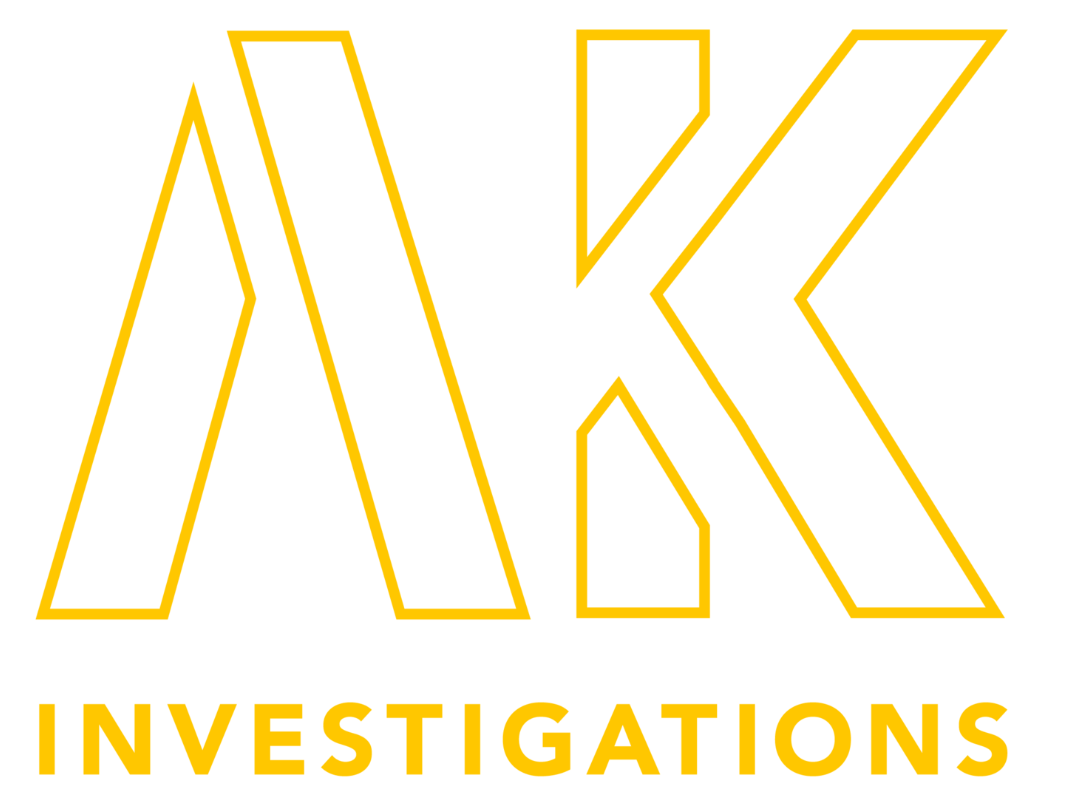The surprising questions that build client trust.
Investigators, attorneys, and other legal professionals work with clients who can be “difficult” on a regular basis. For some people, this can lead to burnout. But I wonder if a shift in perspective might not only give us more longevity in the field but also improve our outcomes.
Rather than just “getting through” to clients, we can focus on building a genuine connection and truly hearing what’s going on with them. To really help our clients, it requires their collaboration, and when clients feel involved and invested in their case, trust and cooperation follow—resulting in better outcomes for everyone involved.
Why Clients May Be “Difficult”
It’s important to remember that, often, hurt people hurt people. Usually, the behaviors we experience from clients are defense mechanisms rooted in pain or fear (as well as possible mental health issues), nothing personal. And while it can be hard to help people who lash out or build up barriers, holding space for their pain can be the way through. By suspending judgment, we allow clients to express themselves, letting them know they’re in a safe space, even if they aren’t quite ready to share everything yet.
Balancing Empathy and Professional Boundaries
Letting yourself feel too much of what your clients feel can be an emotional landmine, but getting completely numb to their experience is also a sign that it’s time to take a step back.
Sometimes, just being there makes all the difference.
Asking the Right Questions
Some of the most valuable insights don’t come from the case file. They come from listening. Take a few minutes and focus on your client. Listen, really listen, to what they are saying, and set aside your agenda. Ask open-ended questions that invite them to share, and give them space to answer.
Is there something you don’t understand about your case that you’d feel better knowing?
What’s something you think is important for me to know about who you are?
What can I do to help you feel more comfortable and supported in this legal process?
Encourage your clients to ask questions, too. Remind them that there are no stupid questions and that a successful legal team depends on trust and open communication.
Build Stronger Connections and Better Outcomes
By making the effort to get to know your clients, you’re not only helping them feel more involved but also setting a foundation for more effective collaboration. In the end, building trust will empower both you and your client to reach better outcomes.
Let’s build trust, connect deeply, and achieve better outcomes together.
